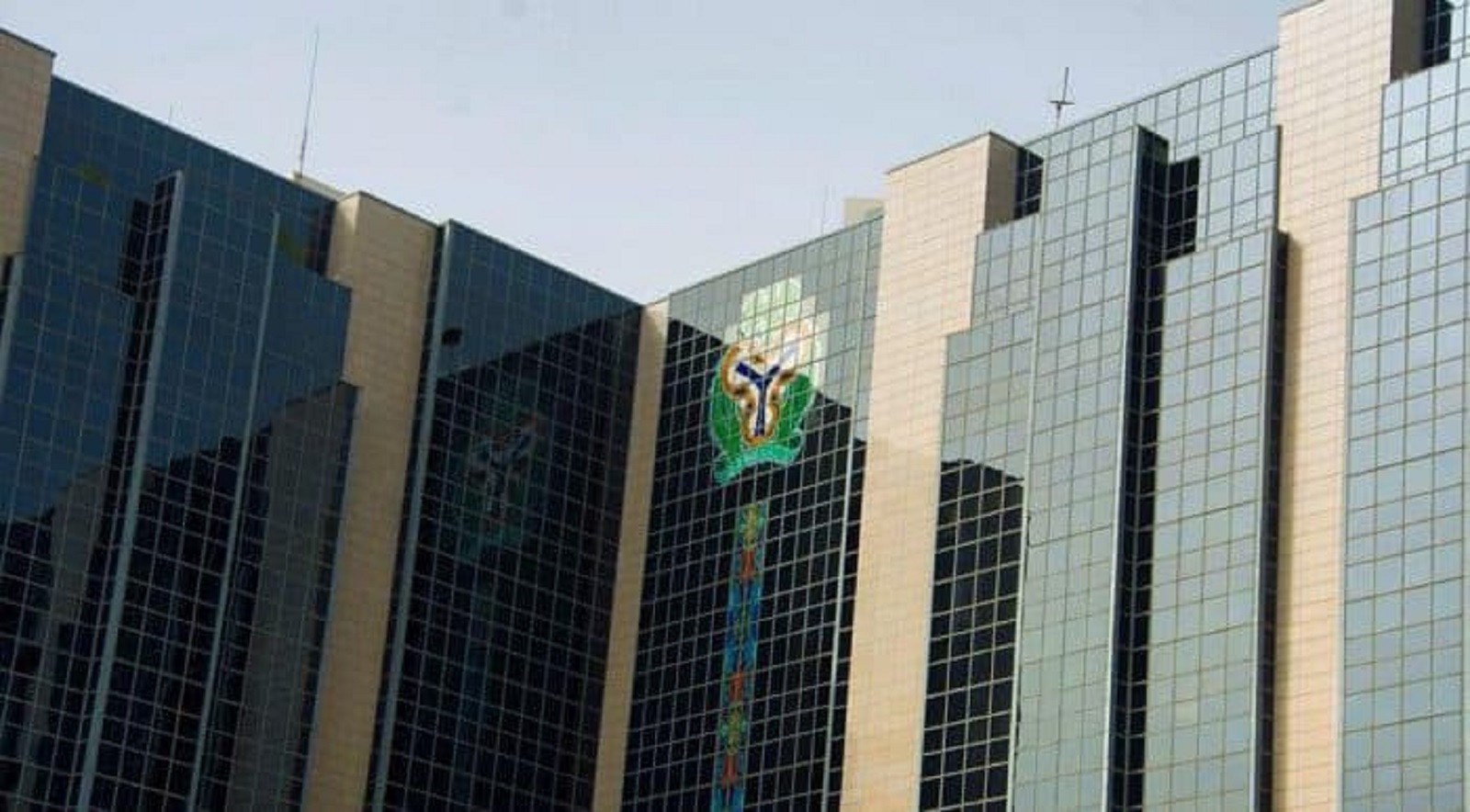EIU has claimed that CBN “lack experience” to conduct monetary policy under float.
Newsonline Nigeria reports that Nigeria’s official exchange rate is projected to weaken to N1,068.3/$ by 2025, according to a new report by the Economist Intelligence Unit (EIU).
This Nigeria news platform gathered that the report also indicates that CBN “lacks the firepower” to clear the $6 billion forex backlog. It also claimed the central bank also lacks the experience to conduct a foreign currency float leading to a negative outlook for the naira.
In its new country report for Nigeria, the EIU noted that there would be continued currency losses due to the large size of the parallel market and the low foreign exchange reserve of the country.
SEE ALSO: Daily Black Market Dollar to Naira Exchange Rate Tracker, 10 November 2023
The report read:
- “We have revised our exchange-rate forecast to front-load a larger devaluation in 2025, to reflect a widening gap between the official and parallel-market exchange rates. We expect another attempt at exchange-rate convergence that year, meaning a larger correction.
- “We have adjusted our average exchange-rate forecast for that year to N1,068.3:US$1, from N914.4:US$1 previously. As our forecast for continued currency losses over time has not changed, the projected rate is also now weaker for later years.
- “A larger devaluation will have limited pass-through, given the size of the parallel market, but our forecast for average inflation in 2025 has been revised up by two percentage points, from 15.1% to 17.1%.”
Nigeria’s forex scarcity
Nigeria has been grappling with foreign exchange illiquidity, which has made the country unable to clear off its forex backlog, further worsening the value of its currency.
President Bola Tinubu recently promised to settle the approximately $7 billion in unpaid foreign exchange commitments owing to banks through foreign currency forward contracts.
After recognising the difficulties experienced by the business sector in the financial markets, Tinubu promised more foreign exchange liquidity in his statement at the 29th Nigerian Economic Summit in Abuja.
Sources later verified that the CBN has begun making good on its pledge to settle some of its foreign exchange (FX) liabilities with some institutions, including Citibank, Stanbic IBTC, and Standard Chartered.
The FX backlog, weakening investor confidence in the Nigerian economy, is on the verge of being reduced due to this development.
However, difficulties remained in efficiently disbursing the FX despite the CBN’s efforts to clear the forex backlog and relieve pressure.
Foreign airlines recently disclosed that about 90% of their $783m trapped funds were yet to be paid.
It was barely surprising that the naira fell to a new low on Thursday, closing at N996.75 per dollar in the official market and N1090 per dollar in the parallel market despite the CBN’s recent move to clear some of its FX backlog.
Highlighting on the Nigeria’s forex illiquidity, the EIU said:
- “After brief consolidation in June, a wide (35%) spread between the official and parallel-market exchange rates has re-emerged, reflecting an ongoing reluctance by the Central Bank of Nigeria (CBN) to allow free access to hard currency, and resulting illiquidity in the Nigerian Foreign Exchange Market (NFEM, the official window).
- “Pressing harder on currency reform would therefore mean a hefty devaluation, crushing any pretence of petrol price deregulation (assuming that higher pump prices are a political red line) and stretching a fragile fiscal position.”
The country report also stated that additional demand in the formal market will be met with constrained supply due to the recent decision to eliminate import limitations on 43 imported commodities.
It went on to say that the authorities haven’t shown enough willingness to implement an orthodox monetary policy to address the issues weighing on the naira, such as severely negative short-term real interest rates.
CBN lacks firepower
According to the EIU, a currency float may not succeed over 2024-28, as the CBN “lacks the firepower to adequately supply the market or clear a backlog of foreign exchange orders, valued at over US$6bn, which will keep foreign investors unnerved.”
It added that the CBN will continue to prop up the official exchange rate in the short to medium term through access restrictions, implying long lead times at the NFEM.
It noted that about one-third of the official foreign reserves of about $33 billion are tied up in derivative contracts or loans.
The EIU stated:
- “Sizable devaluations are expected in 2025—or possibly sooner—causing a 38.5% loss against the US dollar over the year, to N1,142.5:US$1 at end-December. However, we do not expect lasting commitment to a market-led naira, as the CBN lacks experience of conducting monetary policy under a float.”
- “High inflation and a continued spread with the parallel market will leave the exchange-rate regime unstable and result in periodic devaluations. We project a rate of N1,262.1:US$1 at end-2028, with a continuous spread with the parallel market expected.”
The exchange rate between the naira and dollar fell to N996/$1 on Thursday hitting an all-time low at the official NAFEM.














